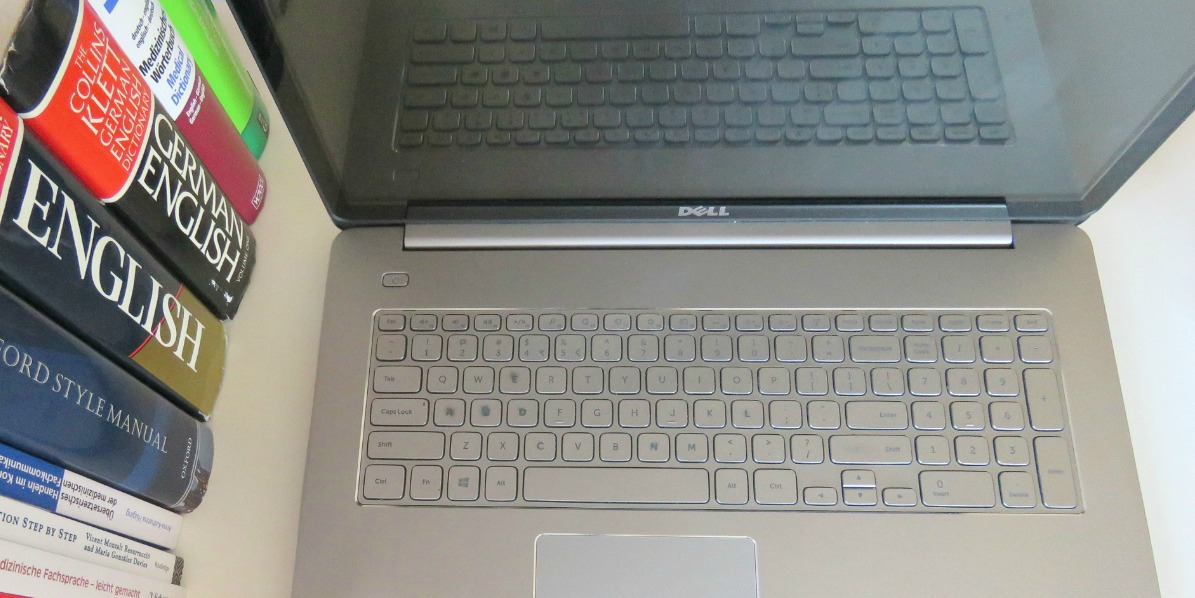
Medical practitioners often need to communicate in writing with international colleagues, patients or the general public. Here are our tips on choosing the right way to translate your documents, to ensure your international communication is successful.
Will the translation be published, or is it just for your information?
So you need to get a medical or healthcare text translated. The first thing to consider is: how will the translation be used? Is it just for your own information, or will it be published online or in print? If you only need the translation to get the gist of a topic, a cheap or even free solution will probably be good enough. But if you are going to publish it or use it to communicate with colleagues or the public, you will need something more professional.
Is it ok to use Google Translate?
Automated translation like Google Translate can be a useful (and free!) aid for getting the gist of a text. But be careful: it is often misleading. A recent study into the accuracy of Google Translate for medical communication found that its translations were correct in around 58% of cases. So while automated translation can frequently aid understanding, it is not suitable for translation of materials aimed at patients, colleagues or the general public.
Another aspect to consider is that you should only use free, online translation for content that is not confidential. Entering text into an online translator is a bit like uploading the text to a search engine – especially if you use Google Translate.
Do it yourself or hire a professional?
In many countries, health care practitioners have excellent language skills and can easy talk to patients and colleagues in a foreign language. On the other hand, writing or translating information for publication can be a different matter. In this case, you may need some help to achieve the outcome you’re looking for.
For not-so-critical texts, one option is to write the text in the foreign language yourself and have it reviewed by a professional. This should only be attempted if you have a very high level of skill in the foreign language.
The reviewer should be a professional medical translator, writer or editor and a native speaker of the ‘target’ language. They should also have a good understanding of the subject and purpose of the text and be well versed in the specialist field. Don’t be tempted to hire a language student or your colleague’s bilingual daughter for the job – they are likely to be out of their depth and unable to provide the result you need.
For more critical texts, it is best to have the content translated professionally. This will ensure that you get your message across smoothly and accurately to your target audience.
Which do you need, a translator or an interpreter?
When looking for professional translation, it is important to note that there is a difference between translators and interpreters. Translators work with written documents (reports, brochures, website content, etc.), and interpreters work with spoken or signed language (for consultations, meetings, conferences, etc.). See my previous article for more information on the difference between medical translators and interpreters.
Should they be a native speaker?
Professional translators usually translate into their native language. This is because most people are more skilled at writing in their native language than in a foreign language. So, if you need your clinic website translated into Russian, for instance, your translator should be a native speaker of Russian. There are a few exceptions to this rule, so if in doubt, ask for sample translations up front and get them reviewed by a native speaker.
Should you use an agency or work directly with a translator?
There are pros and cons of working with a translation agency or an independent professional translator. If you hire a translator directly you can choose a specialist with the right skills and experience for your particular project. You can get to know the person translating your text, and they can get to know you, your texts and your needs. Working with the same person over the long term can lead to more consistent, accurate and effective translations of your documents.
On the other hand, if you need a large volume of text translated in a short timeframe, a translation agency is your best option. The agency will split the text among multiple translators in order to meet the deadline. An agency is also a good choice if you need your text translated into a large number of languages. For example, regulatory documents in the pharmaceutical industry usually need to be translated into multiple European languages, so they are almost always handled by agencies.
Do you need a specialist medical translator?
Whether you choose a freelance medical translator or a translation agency, make sure the professional doing the translation is experienced in translating the specific kinds of texts that you need. Many medical translators specialise in particular fields (like orthopaedics or public health) and types of text (like medical reports or clinic documentation and marketing), so it is worth searching for a translator with the appropriate expertise.
How can you find a professional medical translator?
If you decide to work directly with a professional translator, you can use search engines, professional association listings or word-of-mouth recommendations to find the right person for your project. Have a look at my post on how to find a professional medical translator for online directories that you can use free of charge. With the support of an expert translator, you will be well on your way to successful communication with international patients and colleagues.
References:
ITI UK – advice for translation buyers
Translation – Getting it Right, A guide to buying translation (PDF), and the German translation:
Übersetzung – keine Glückssache, Eine Einkaufshilfe für Übersetzungsdienstleistungen (PDF, in German)
Free course on medical writing in English as a foreign language
Would you like to improve your medical writing in English? Sign up for our free email course for medical practitioners with English as a foreign language. Find out more.


